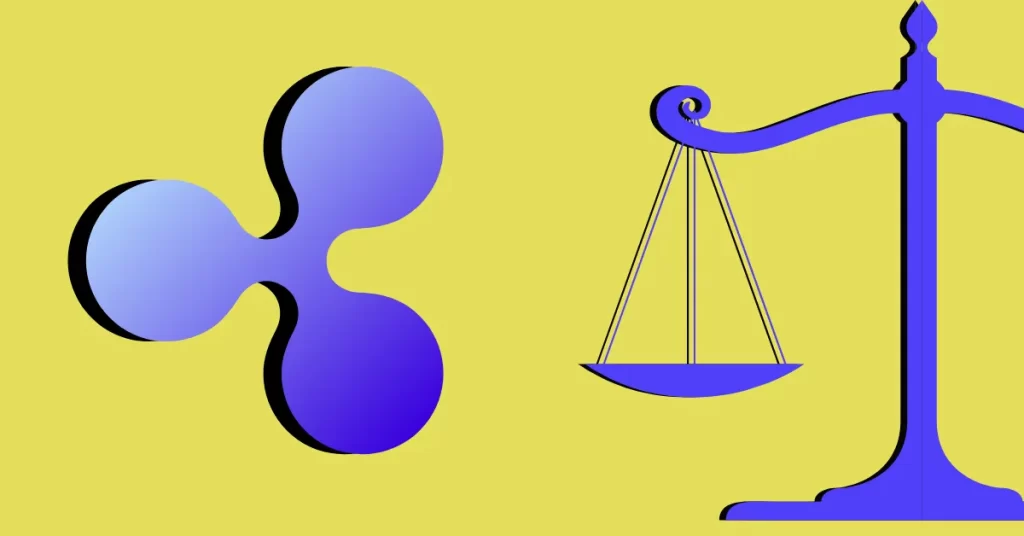
The post Ripple News: XRP Lawyer Highlights Ripple’s Non-Security Status, Draws Parallels to Telegram Case appeared first on Coinpedia Fintech News
In a recent statement, prominent lawyer John Deaton reiterated his stance that XRP, the cryptocurrency associated with Ripple, should not be considered a security. Deaton drew parallels between XRP and Bitcoin, stating that despite being marketed and sold as investment contracts in the past, both assets retained their status as digital commodities.
Deaton highlighted a previous legal case involving Bitcoin, the SEC v. Shaver’s, where it was sold as an investment contract. However, this did not alter its classification as a digital commodity. The lawyer argued that disregarding XRP’s nature would require Judge Torres, who is presiding over the current Ripple lawsuit, to ignore a significant portion of the SEC’s theory regarding XRP.
Refuting claims that Judge Torres might not address the token or secondary sales in her summary judgment decision, Deaton expressed his disagreement. He contended that ignoring these aspects would overlook crucial elements of the SEC’s case against Ripple.
Providing further context, Deaton referred to the Telegram case that unfolded in early 2018. Telegram had raised $1.7 billion through private investments, intending to distribute 2.9 billion Grams once they launched the TON network. The SEC sought to block this distribution, arguing that initial purchasers would resell Grams as securities in an unregistered offering. Telegram, on the other hand, contended that these resales should be treated separately and not considered securities offerings.
Judge Castel, presiding over the Telegram case, dismissed Telegram’s characterization of Grams as security. While acknowledging the usefulness of the term “Gram” as a shorthand reference, he emphasized that the security at the center of the case extended beyond the mere alphanumeric cryptographic sequence that represented Grams.
Deaton emphasized that the Telegram case was distinct as it involved an initial coin offering (ICO) with written contracts and funds raised explicitly for platform development. The SEC successfully pursued a preliminary injunction against Telegram. Deaton pointed out that Judge Castel considered secondary market sales in his second decision, viewing access to the secondary market as part of the overall “scheme” involved.
The lawyer suggested that this interpretation of the Telegram case could potentially have negative implications for Ripple. It implied that Ripple’s intention to create a secondary market for XRP might be seen as a similar component of their own “scheme.”
As the crypto community awaits Judge Torres’ summary judgment decision in the Ripple lawsuit, Deaton’s argument serves to emphasize the importance of considering the unique characteristics of digital assets like XRP and their evolution in the regulatory landscape.

 2 years ago
131
2 years ago
131














 English (US) ·
English (US) ·